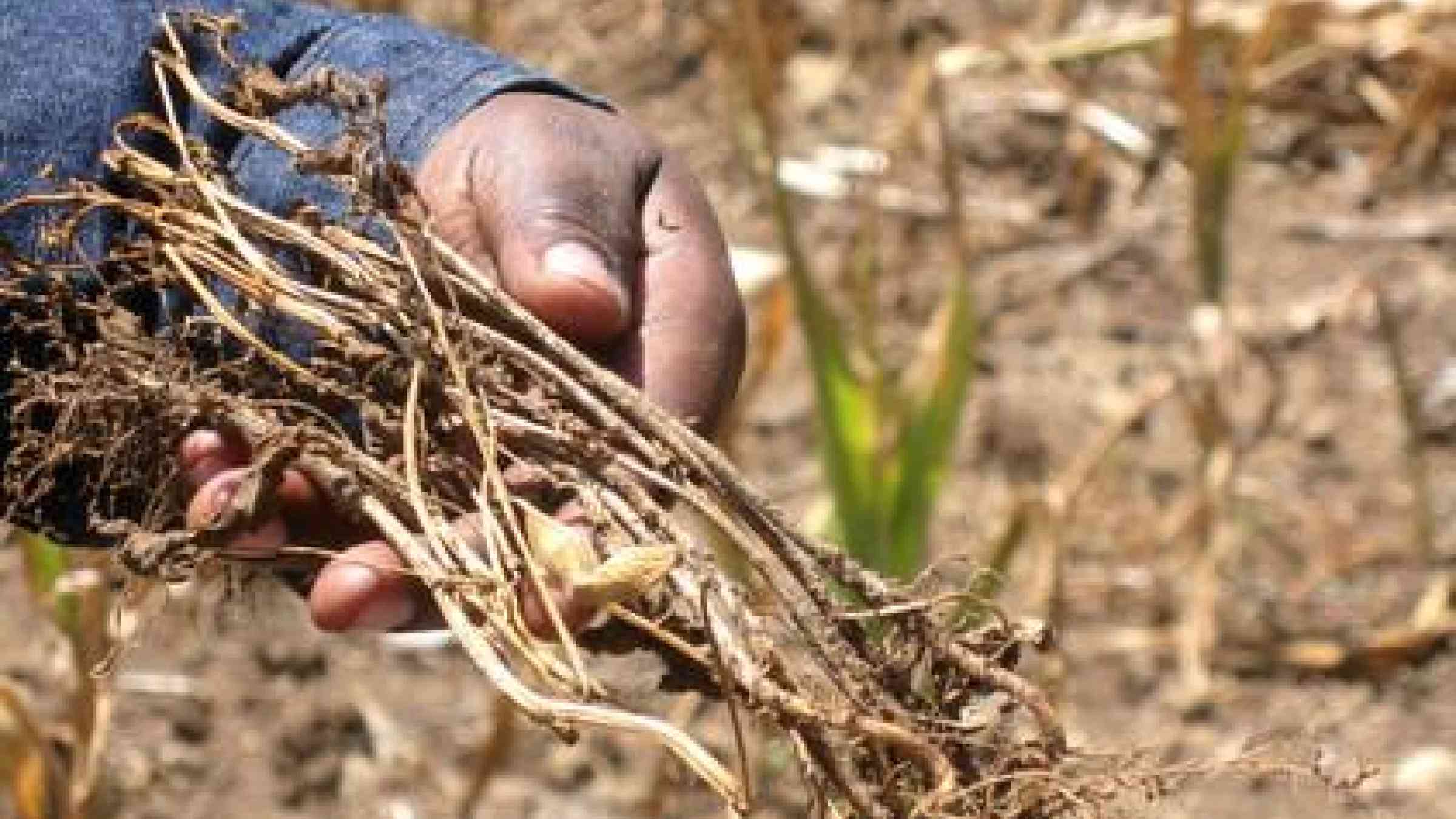East Africa Region to Tackle Disaster Risk Reduction, Common Strategy, Solutions to Address Urban Sustainability Sought

Arusha, 12 July 2011 - The Africa Union Commission will hold a regional workshop for the East Africa region in collaboration with the East African Community (EAC) and the United Nations International Strategy for Disaster Reduction (UNISDR) Regional Office for Africa in Arusha, Tanzania tomorrow. The Workshop aims to accelerate action in the implementation of the Africa Regional Strategy on disaster risk reduction and its Programme of Action to reduce the vulnerabilities of EAC Member States to natural hazards.
The meeting which ends on Friday anticipates the presence and signing up of mayors from the five member states of the EAC: Burundi, Kenya, Rwanda, the United Republic of Tanzania and Uganda to the UNISDR led ‘Making Cities Resilient Campaign’. It is also expected to generate discussions on a common strategy and solutions to address urban sustainability.
Participants will be from the EAC member states, disaster risk reduction institutions, local authorities and partner organizations from the region. This workshop will connect key policy players in risk reduction and the five East African states as they move disaster prevention from policy formulation to action. It will also allow these countries to create partnerships, avoid overlaps, and optimize efforts, resources as well as time.
The Extended programme of action for the implementation of the Africa Regional Strategy for disaster management focuses on the substantial reduction of natural hazard impacts on African people and economies to facilitate the achievement of the Millennium Development Goals (MDGs).
“The integration of risk reduction into policy and development programmes in Africa is the best way to address disaster risk in the long term,” said Youcef Ait-Chellouche, UNISDR Africa, Deputy Regional Coordinator.
This meeting comes in the wake of warnings of food prices rise, combining with severe drought to create the gravest threat of famine in years across large parts of East Africa and the Horn, according to aid agencies who are desperately short of funds.
In view of the negative impacts associated with climate change, including the increasing occurrence and severity of droughts and floods, there is a need for an integrated approach to policy and programming for disaster risk reduction and climate change adaptation
Discussions which took place during the Heads of State retreat on food and climate change in Arusha, Tanzania, in December 2010, called for the immediate implementation of the EAC Food Security Action Plan and encouraged the development of a regional climate change policy that includes strategies to determine how surplus food in one country can be shared in the worst hit countries of the EAC. The upcoming workshop will also follow a recent gathering of East African Ministers who adopted a proposed social development framework highlighting social issues captured in the MDGS.